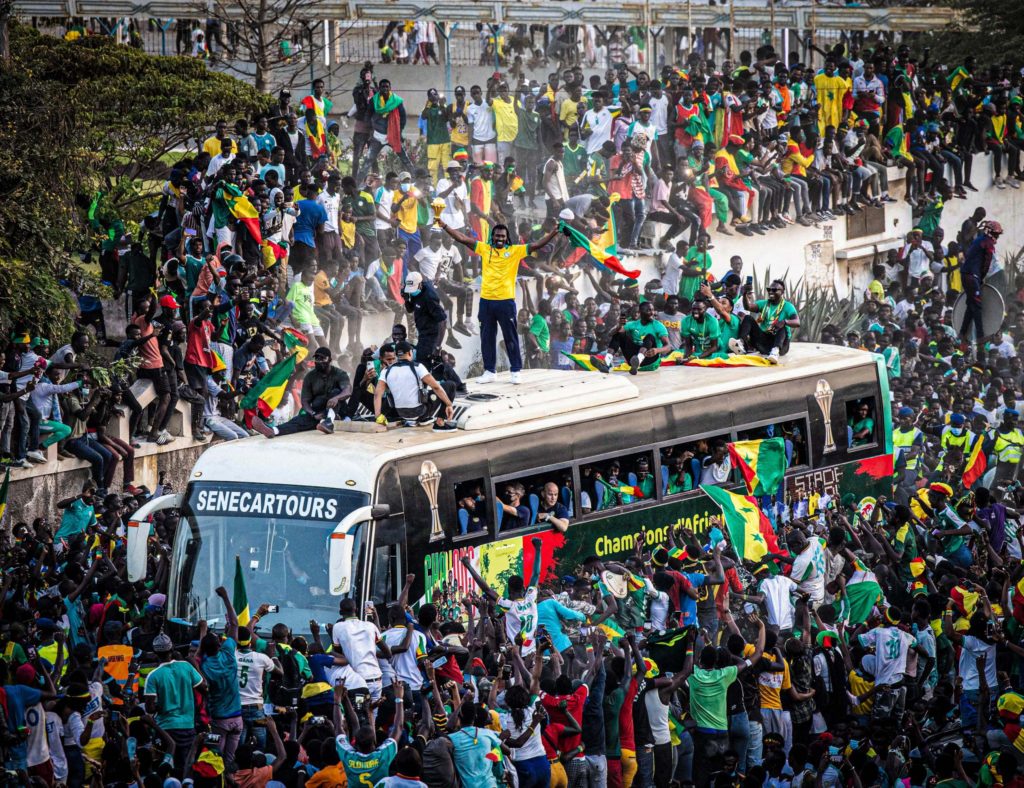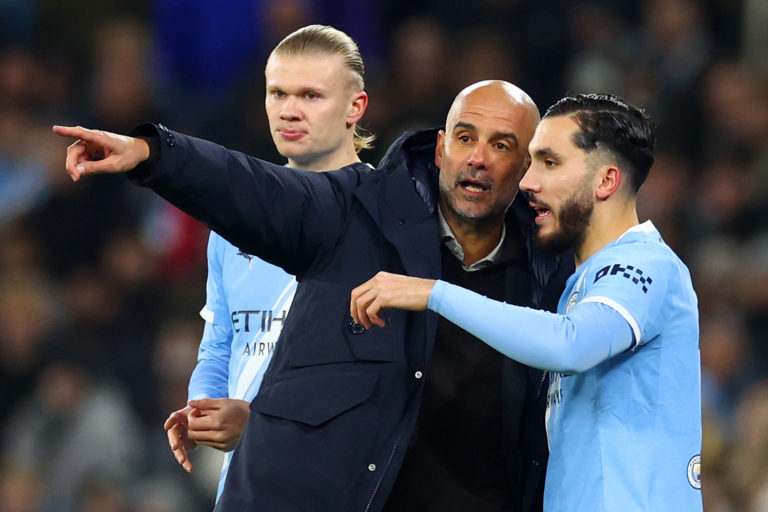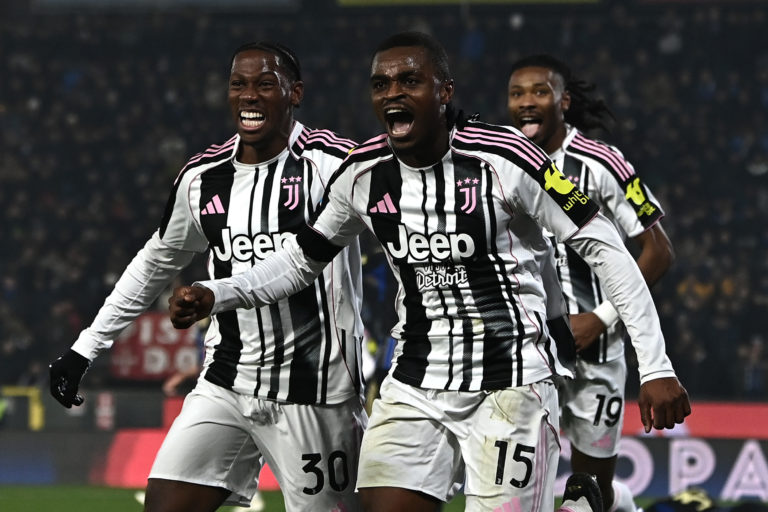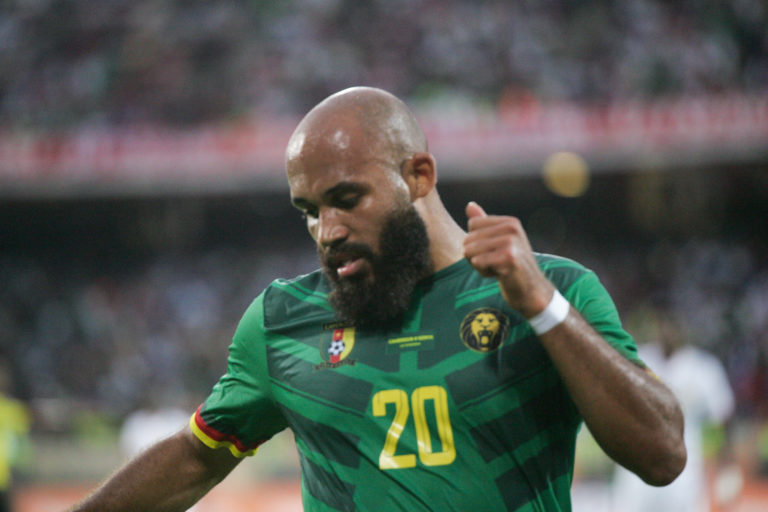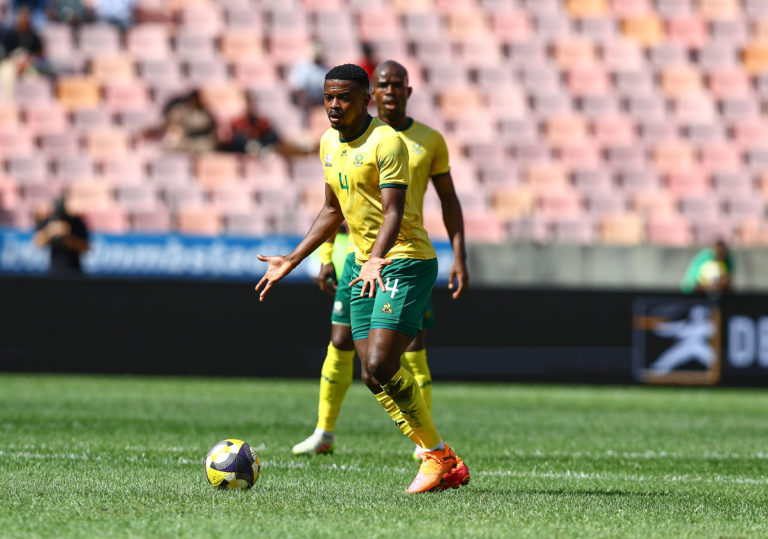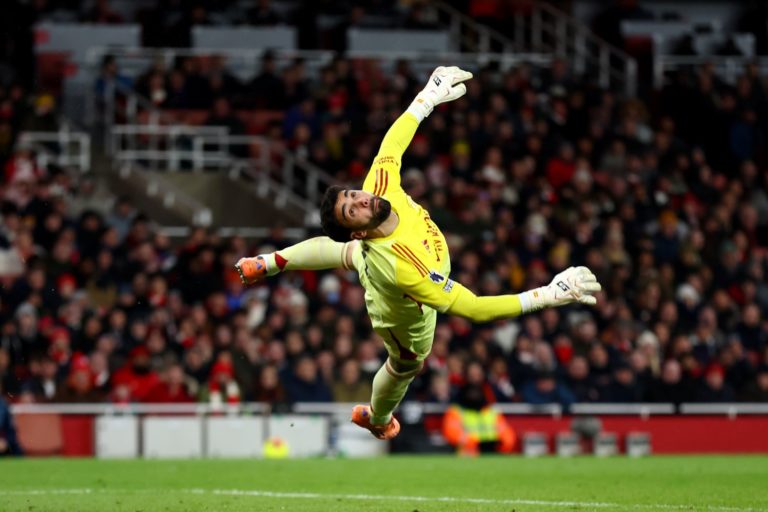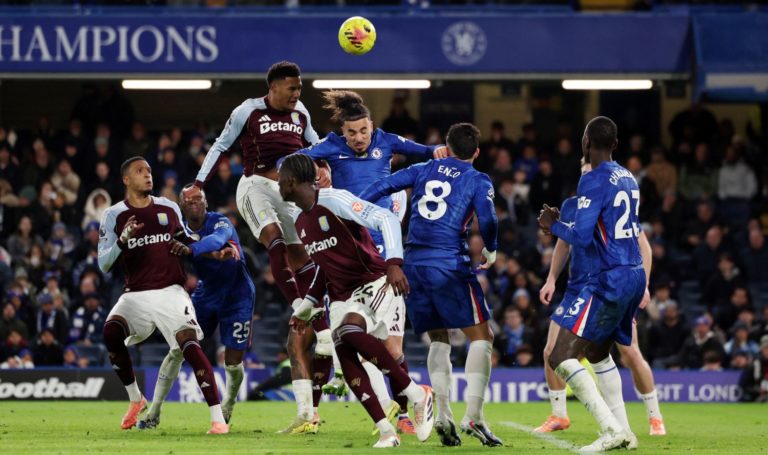The picture of Aliou Cisse sitting atop a bus ferrying his victorious Senegal team in the capital Dakar, surrounded by throngs of jubilant supporters, will go down in history as one of the best sporting images of all time, writes Nkareng Matshe.
Carrying the Senegalese flag in one hand and the Afcon trophy in the other, a beaming Cisse is grinning with pride, having finally delivered the Lions of Teranga’s first Afcon title. It was fitting that Cisse, 45, was the man to deliver Senegal to the promised land because he had personally experienced the near-misses that must have left him deeply scarred.
Having captained the country to their first World Cup appearance in 2002, Cisse led the team with aplomb. They took that tournament by storm by stunning then world champions France in their first match, only to watch the dream crash at the quarter-final stage with a catastrophic defeat to Turkey.
Earlier that year, he had missed a penalty in Senegal’s defeat to Cameroon in the Afcon final in Mali, sending an entire nation into collective mourning. It seemed star-studded Senegal, who boasted the likes of Papa Bouba Diop, Salif Diao and El-Hadji Diouf, would never live up to their promise.
That team disintegrated and never set the football world on fire again. Cisse, however, was a man on a mission after his retirement. He joined Senegal’s youth structures as an assistant coach and, in 2013, was made head coach of the under-23s.
This is where he learned the ropes, honing his coaching skills to eventually become the man who, in Cameroon in February 2022, etched his name in history by guiding Senegal to their first major international honour.
Yet it wasn’t a smooth ride for him. The Senegal Football Association had to be extremely patient with him, after promoting him to the head coach’s position in 2015. It didn’t help that his first major test – the 2017 Afcon in Gabon – failed. Senegal were eliminated on penalties in the quarter-finals by eventual champions Cameroon.
Calls for him to be sacked began after the failure in Gabon, where at 40 he was the youngest coach. There was only one way for redemption: To do something major with the team so he could silence his detractors. A few months later, he delivered by qualifying Senegal for the 2018 World Cup in Russia, emerging out of a group that included Bafana Bafana, who lost twice to the Lions of Teranga.
That achievement, their first appearance at the World Cup since 2002, bought Cisse a bit of time, quietening the calls for his removal. It allowed him to be his own man and build the team around Sadio Mane and Kalidou Koulibaly.
When they went to Afcon 2019 in Egypt, Senegal were a settled team, with no outside pressure. They again made it to the final, only to lose narrowly again – this time to Riyad Mahrez’s Algeria.
But Cameroon 2022 proved to be third time lucky for the dreadlocked former holding midfielder. Senegal didn’t begin the tournament well, beating only Zimbabwe via a late Mane-converted penalty in the group phase.
They gained momentum as the tournament progressed, culminating in the epic final victory over rigid Egypt at Olembe Stadium, which required Mane to score the decisive penalty despite the Liverpool man having missed earlier in normal time.
His story is one of sheer perseverance amid the prevalence towards more experienced – but at times utterly clueless – coaches from abroad to do a job which men of grit like Cisse can perform with equal proficiency, if not better.
The Senegal FA stood firm amid the pressure to remove Cisse and the entire country has been rewarded with a first gold medal for it.
The question for many African football associations, including the South African Football Association, is how many of them would risk tasking a man in his late 30s with rebuilding a national team? Sadly, not too many, as seen at the recent Afcon where other countries went to great lengths of unearthing has-beens and employing them.
Cisse eclipsed all of them. He deserves a seat not only atop a bus that carried his champions but also at the top echelons of continental coaching folklore.



